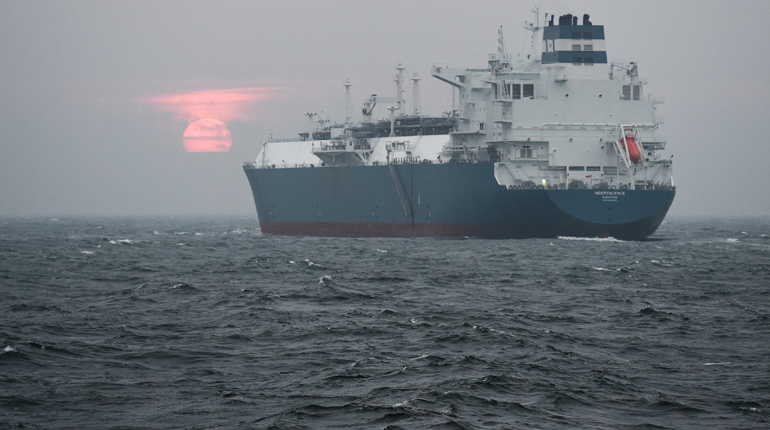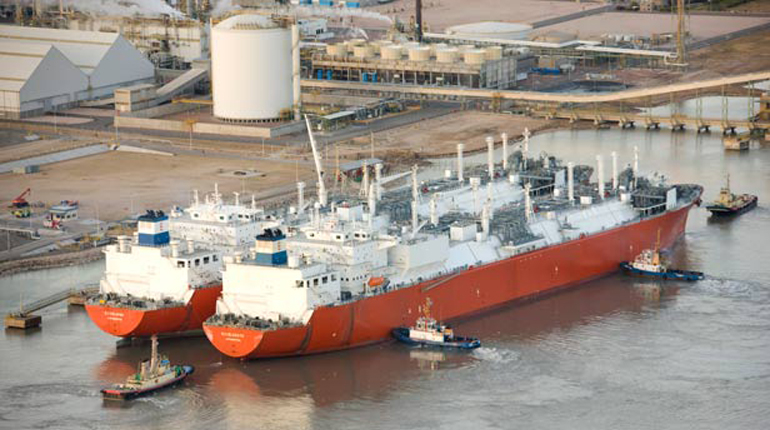Highlights
Economic overview
The risk-averse environment ahead of the UK’s referendum on EU membership on 23 June is supporting the United States dollar index.
Investors have been taking money out of riskier assets such as stocks and emerging-market currencies, opting for safe-haven options such as bonds and the US dollar instead. However, the US Federal Reserve refrained from raising its benchmark interest rate in June, partly because of the UK’s referendum. This in turn limited gains on the dollar index.
A strong dollar is a concern for key gas and LNG consumers in Latin America – such as Brazil, Mexico and Argentina – as it is making it difficult to attract foreign upstream investment and resulting in high inflation. Meanwhile, a strong dollar is also limiting gains in oil prices, which in turn is reducing revenues for oil exporters such as Colombia and Venezuela.
Quarterly and annual year-on-year GDP growth rates
| Q3 2015 | Q4 2015 | Q1 2016 | 2016 | 2017 | 2018 | |
| US | 2.1% | 2.0% | 2.0% | * 2.4% | * 2.5% | * 2.4% |
| Canada | 1.1% | 0.5% | 1.1% | * 1.5% | * 1.9% | * 2.1% |
| Mexico | 2.7% | 2.4% | 2.6% | * 2.4% | * 2.6% | * 2.8% |
| Brazil | -4.5% | -5.9% | -5.4% | *-3.8% | * 0.0% | * 1.1% |
| Argentina | 3.5% | 0.9% | *-1.0% | *-1.0% | * 2.8% | * 2.9% |
Weak economic prospects in Latin America remain a concern for gas production and consumption in the region. Brazil’s GDP contracted by 5.4% on an annual basis in Q1 2016 – its eighth consecutive quarter of contraction. The International Monetary Fund (IMF) expects Brazil’s GDP to contract by 3.8% on an annual basis over the year as a whole.
Venezuela’s economic woes are far from over despite the Brent crude front-month futures price trading at around $50 per barrel. Declines in oil export revenues have left the country struggling to pay its debts. Venezuela has borrowed in excess of $50 billion from China under an oil-for-loans deal. However, the country is renegotiating the deal as falling oil production means it is unable to meet its obligations. Venezuela’s GDP contracted by 5.7% on an annual basis in 2015, and the IMF expects it to fall by 8% in 2016 as a whole.



